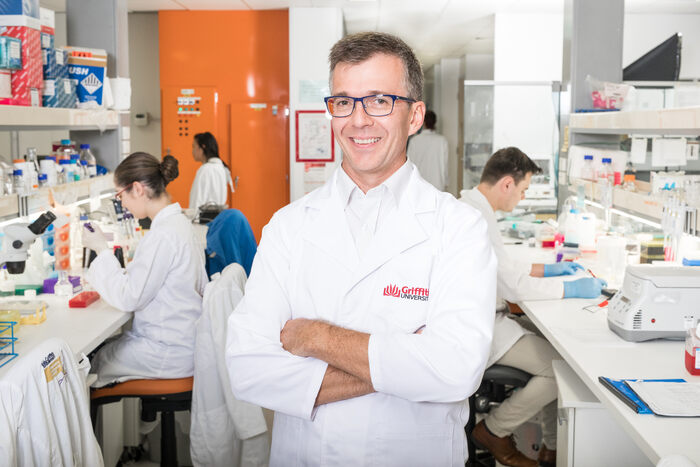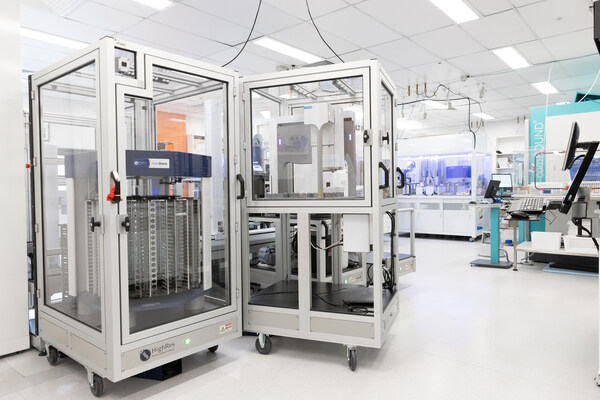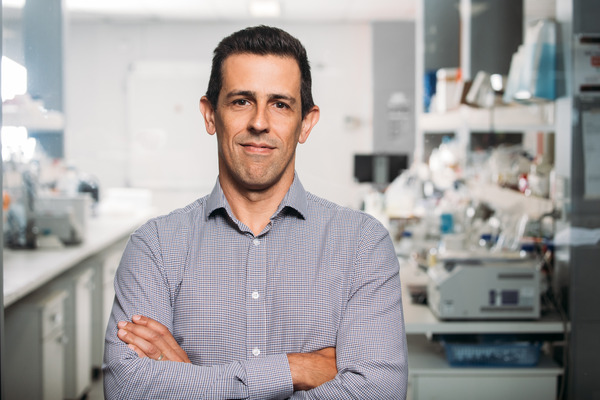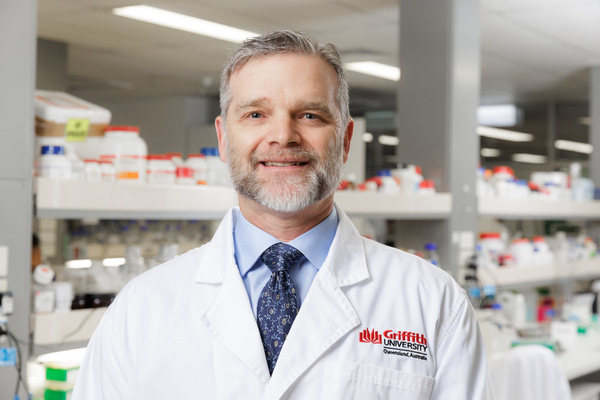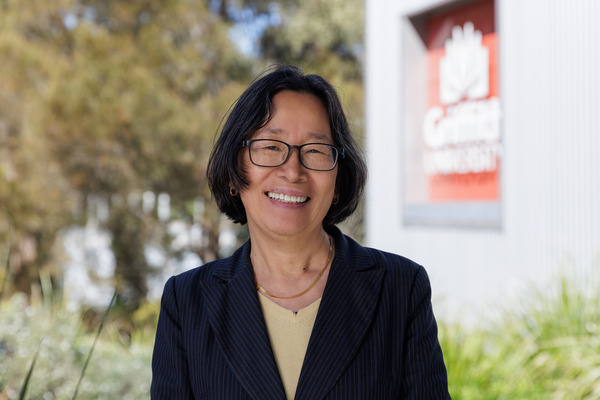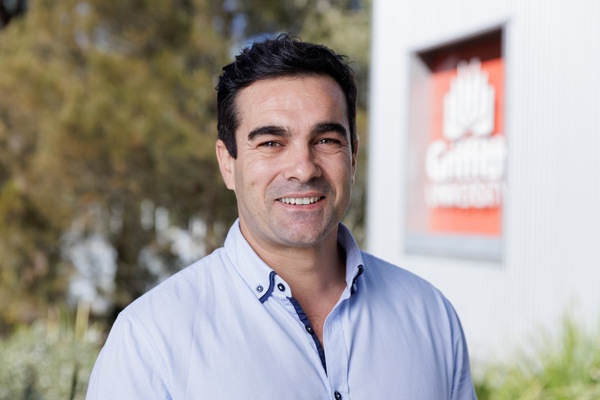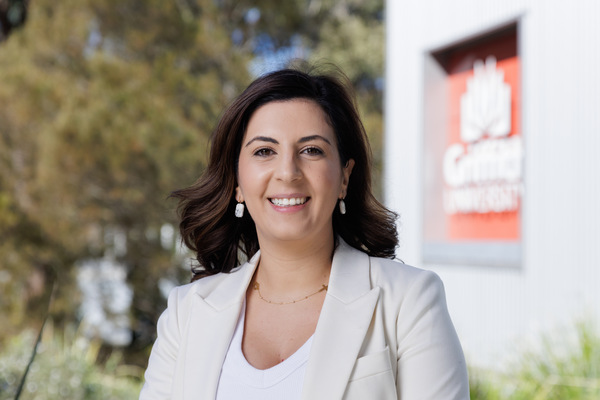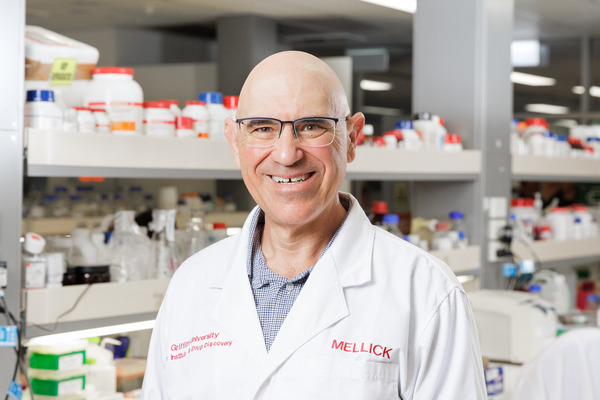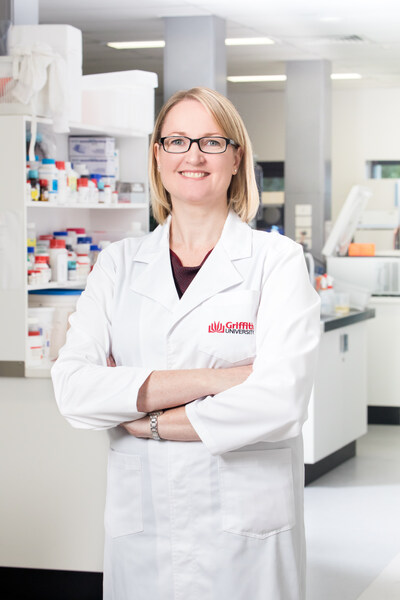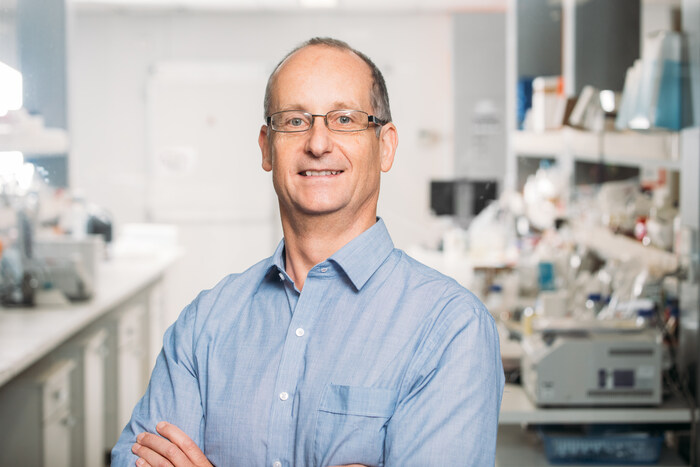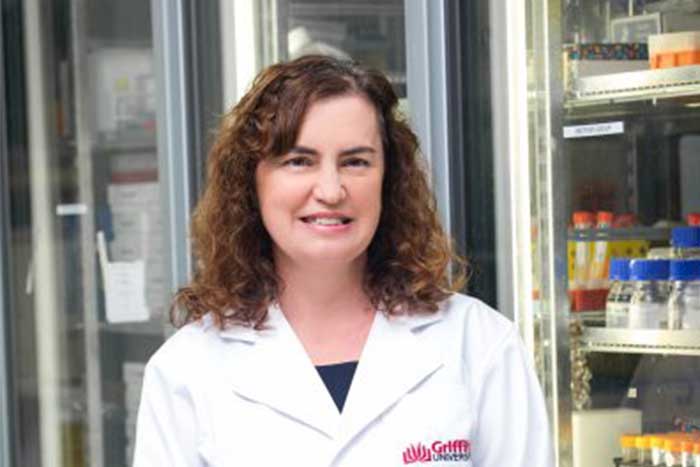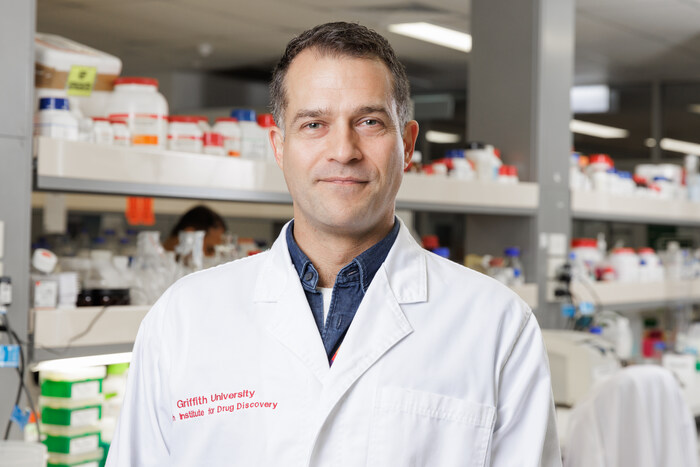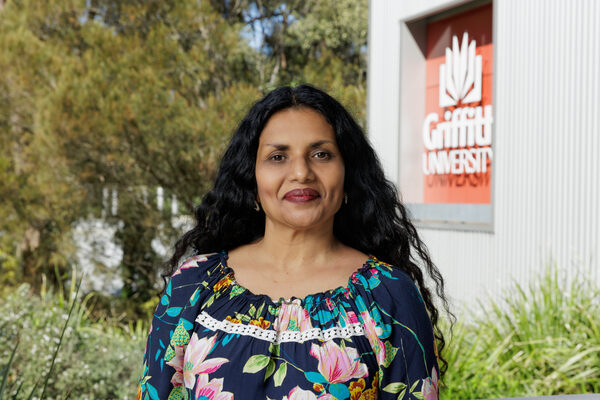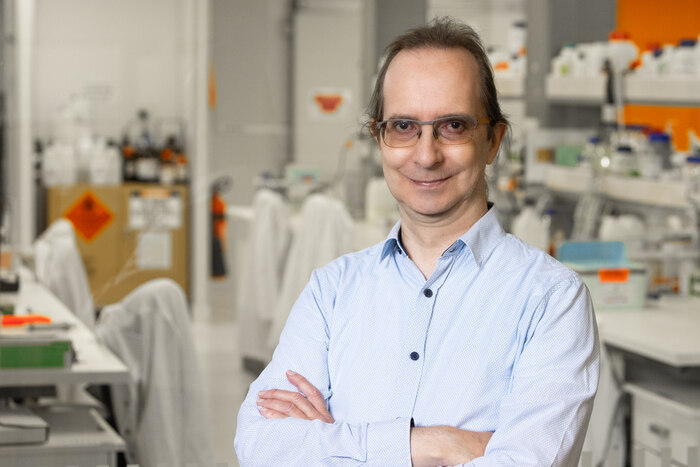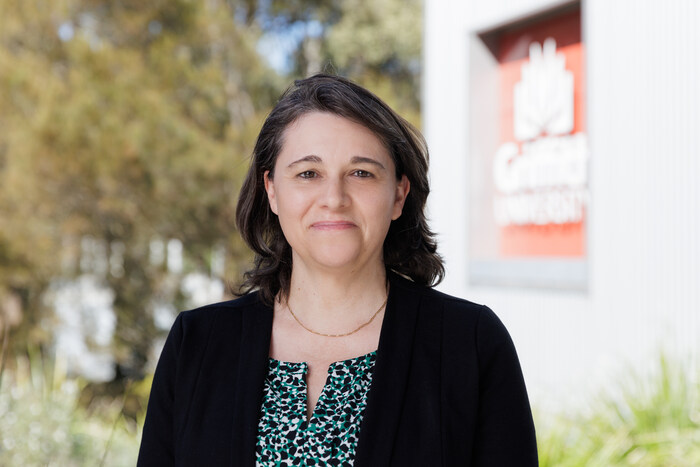The That’s RAD! Science project is breaking down gender stereotypes and encouraging children to be the scientists of the future by providing much needed children’s books.
Professor Katherine Andrews is busy - as the Director of the Griffith Institute for Drug Discovery (GRIDD), Griffith University and the leader of a research team who investigate the disease malaria, her schedule is often full. But there is something else she values dedicating her time to - writing science, technology, engineering, and mathematics (STEM) books for children!
"I am an advocate for STEM engagement and passionate about promoting women in STEM. As a scientist, I believe it is essential to encourage young people, particularly girls, into STEM based careers," said Professor Andrews. "To achieve this, I founded the That's RAD! Science project, through which I and four other female scientists have written books for primary school-aged children on our respective work in parasitology, nanotechnology, forensic science, engineering and protein crystal science.
Despite significant growth of STEM-related occupations requiring STEM skills and knowledge, only low numbers of secondary students are currently undertaking STEM-related subjects in Australia. Diversity is also low in the Australian STEM workforce with, for example, only 16% of this group being women.
The That's RAD! Science books use female role models to inspire in young children a love of STEM and awareness of STEM careers. Women are currently underrepresented as adult characters in children's STEM books, so the That's RAD! Science books provide a much-needed resource that portrays real life women working in STEM. This allows girls to visualise themselves as scientists and breaks apart gender stereotypes that can influence both girls' and boys' assumptions of who can undertake STEM careers.
"I love how it's promoting women in science, my 5-year-old daughter said 'Mummy, I want to be a scientist but I thought it was only a boy job,'" said a parent.
To date, more than 6,000 That's RAD! Science books have been given to children and libraries across Australia through the support of Griffith University, a Queensland Government Engaging Science Grant, the Australian Society for Parasitology, the Australian Nanotechnology Network, the Australian and New Zealand Forensic Science Society and the Society of Crystallographers in Australia and New Zealand.
Feedback from parents and carers on the books indicates that they are meeting their aims, with 96% of survey participants agreeing that they encourage children to think about career pathways in STEM, and 100% indicating that they thought the books presented STEM careers in a way that is interesting to children.
"With the different career options mentioned throughout the books, my kids were able to hear of new jobs they may be interested in pursuing later in life," said a parent.
While writing children's books may not be the first thing you think a successful scientist like Professor Andrews would dedicate her time to, her work in STEM engagement is essential in breaking down gendered stereotypes and encouraging the progression of today's young people into the scientists of tomorrow.
"My son enjoyed the books so much he read them all one after the other. He wrote some fact sheets to give to myself and his father after reading the books, and brought up things he had read in the books for many weeks after. He has continued to go back to the books almost daily," said a parent.
To learn more about the That’s RAD Science project and purchase the books:
If you would like to contribute to the That’s RAD Science project, please find more information here:
Donate to the That’s RAD Science Project
To learn more about Professor Andrews’ research and her contact details:
To keep up to date with developments at GRIDD:
Sustainable Development Goals
Griffith University is aligned with the United Nation’s Sustainable Development Goals (SDGs) and is committed to tackling global challenges around quality education (SDG 4) and gender equality (SDG 5).
